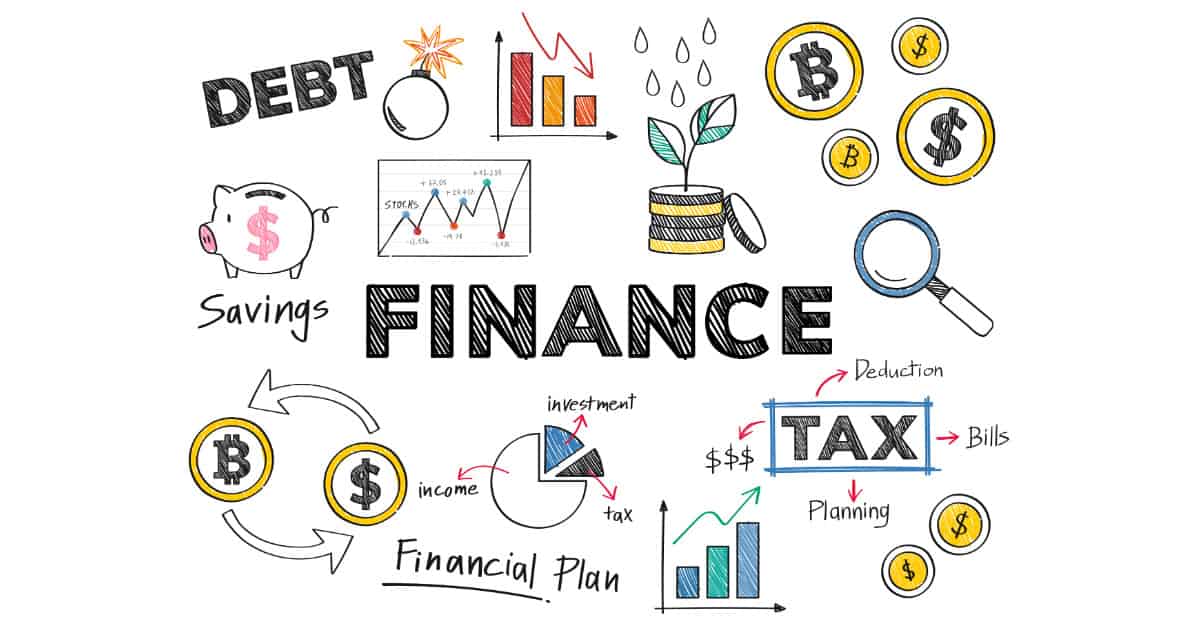Home>Finance>Double Net Lease: Definition, How It Works, Vs. Triple Net Lease


Finance
Double Net Lease: Definition, How It Works, Vs. Triple Net Lease
Published: November 14, 2023
Learn the definition and workings of double net lease and how it differs from a triple net lease in the world of finance.
(Many of the links in this article redirect to a specific reviewed product. Your purchase of these products through affiliate links helps to generate commission for LiveWell, at no extra cost. Learn more)
Double Net Lease: Definition, How It Works, Vs. Triple Net Lease
Are you familiar with the concept of a double net lease? If you’re a finance-savvy individual or a real estate investor, you may have come across this term before. In this article, we will dive into the world of double net leases, break down how they work, and compare them to triple net leases. So, let’s get started!
Key Takeaways:
- A double net lease is a type of commercial lease agreement where the tenant pays for property taxes and insurance, in addition to the base rent.
- In a triple net lease, the tenant is responsible for property taxes, insurance, as well as maintenance and repairs, making it more tenant-oriented.
Understanding Double Net Lease
A double net lease, sometimes referred to as NN lease or net-net lease, is a contractual agreement between a landlord and a tenant for a commercial property. In a double net lease, the tenant is responsible for paying the property taxes and insurance on top of the base rent. This means that the landlord is responsible for maintenance and repairs.
Unlike a traditional gross lease, where the tenant pays a flat rent amount and the landlord covers all expenses, a double net lease shifts some of the financial responsibilities to the tenant. By doing so, the landlord can decrease their ongoing expenses while still receiving regular rental income.
Here’s a breakdown of the financial responsibilities in a double net lease:
- Base Rent: The tenant pays a fixed amount as rent, similar to a gross lease.
- Property Taxes: The tenant is responsible for paying property taxes to the local government.
- Insurance: The tenant is also responsible for maintaining insurance coverage for the leased property.
By transferring the burden of taxes and insurance to the tenant, landlords can potentially negotiate a lower base rent, making the property more attractive to tenants.
Double Net Lease Vs. Triple Net Lease
While double net leases shift some financial responsibilities to the tenant, they are not as comprehensive as triple net leases. In a triple net lease, the tenant is responsible not only for property taxes and insurance but also for maintenance and repairs, making it more tenant-oriented.
Here’s a quick comparison between double net leases and triple net leases:
- Financial Responsibilities: In a double net lease, the tenant pays property taxes and insurance, while the landlord covers maintenance and repairs. In a triple net lease, the tenant is responsible for property taxes, insurance, maintenance, and repairs.
- Risk Allocation: Double net leases provide a balanced approach by distributing costs between the landlord and the tenant. Triple net leases place more risk on the tenant, as they are responsible for all financial obligations related to the property.
In both types of leases, it’s crucial to carefully review the lease agreement and negotiate terms that align with your investment goals and financial capabilities.
Conclusion
Double net leases can be an attractive option for landlords looking to minimize their ongoing expenses while still generating rental income. By transferring the responsibility of property taxes and insurance to the tenant, the landlord can decrease their financial burden and potentially negotiate a lower base rent.
However, it’s essential to understand the differences between double net leases and triple net leases to make an informed decision. Depending on your investment goals and risk tolerance, one type of lease may be more suitable for your needs than the other.
Remember, always consult with a real estate attorney or financial advisor before entering into any lease agreement to ensure that you fully understand the terms and implications.














